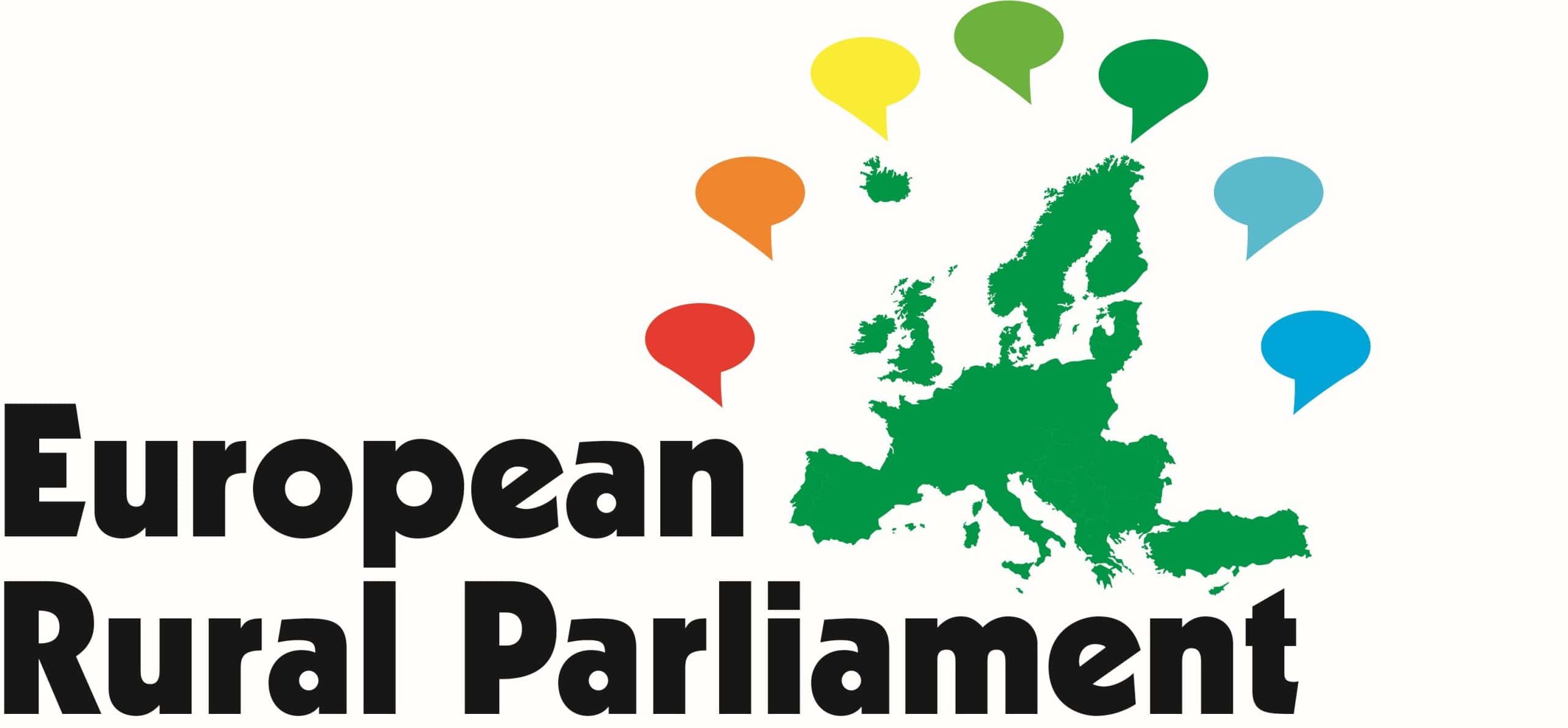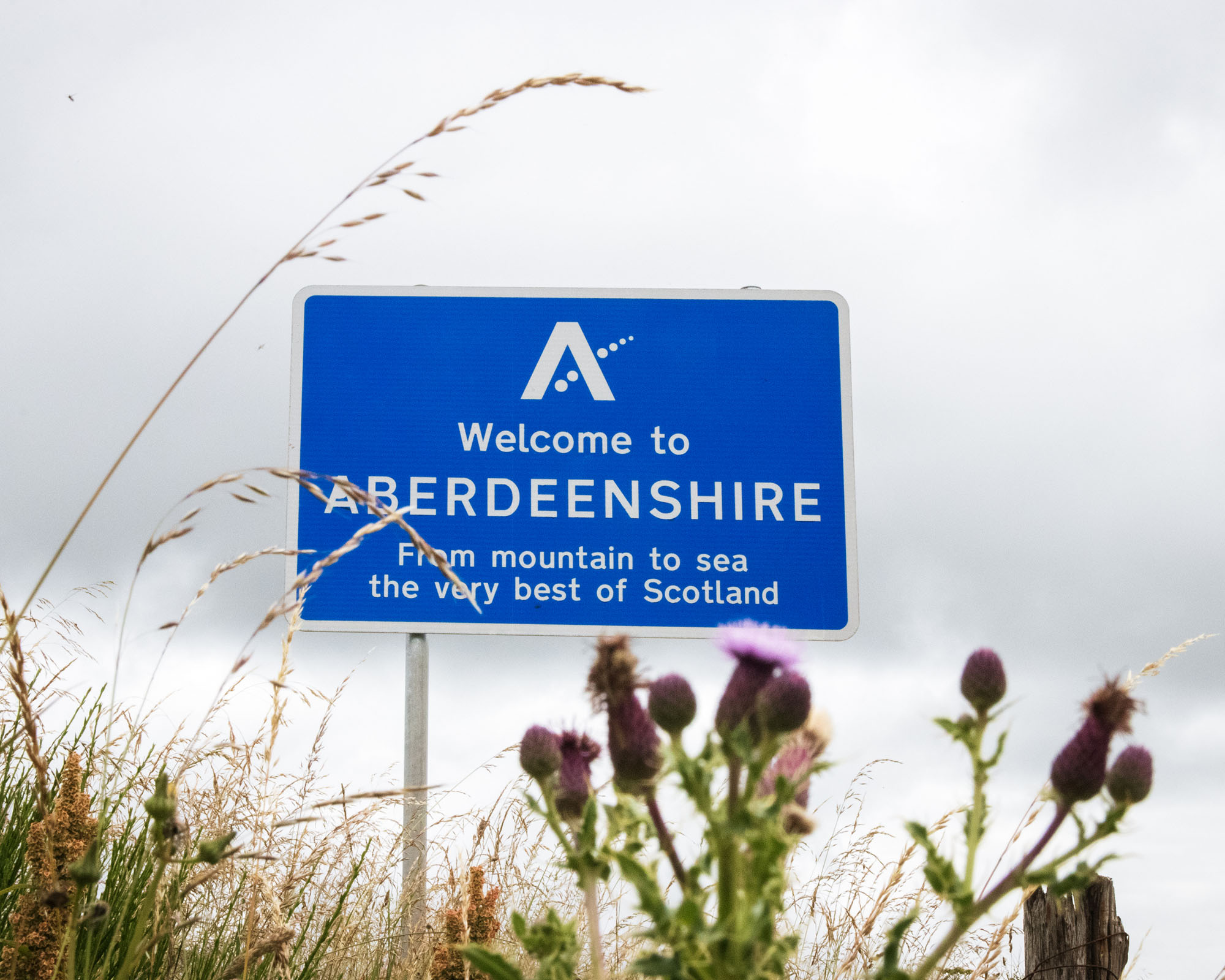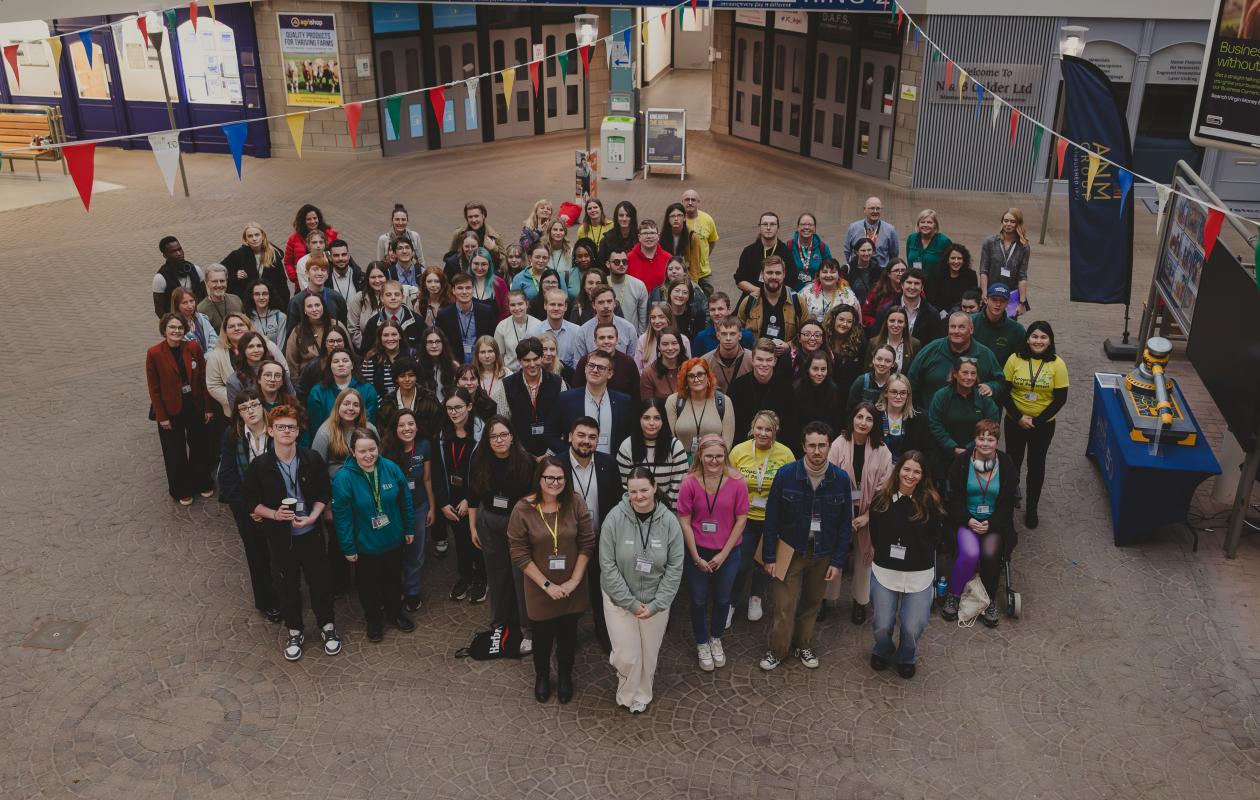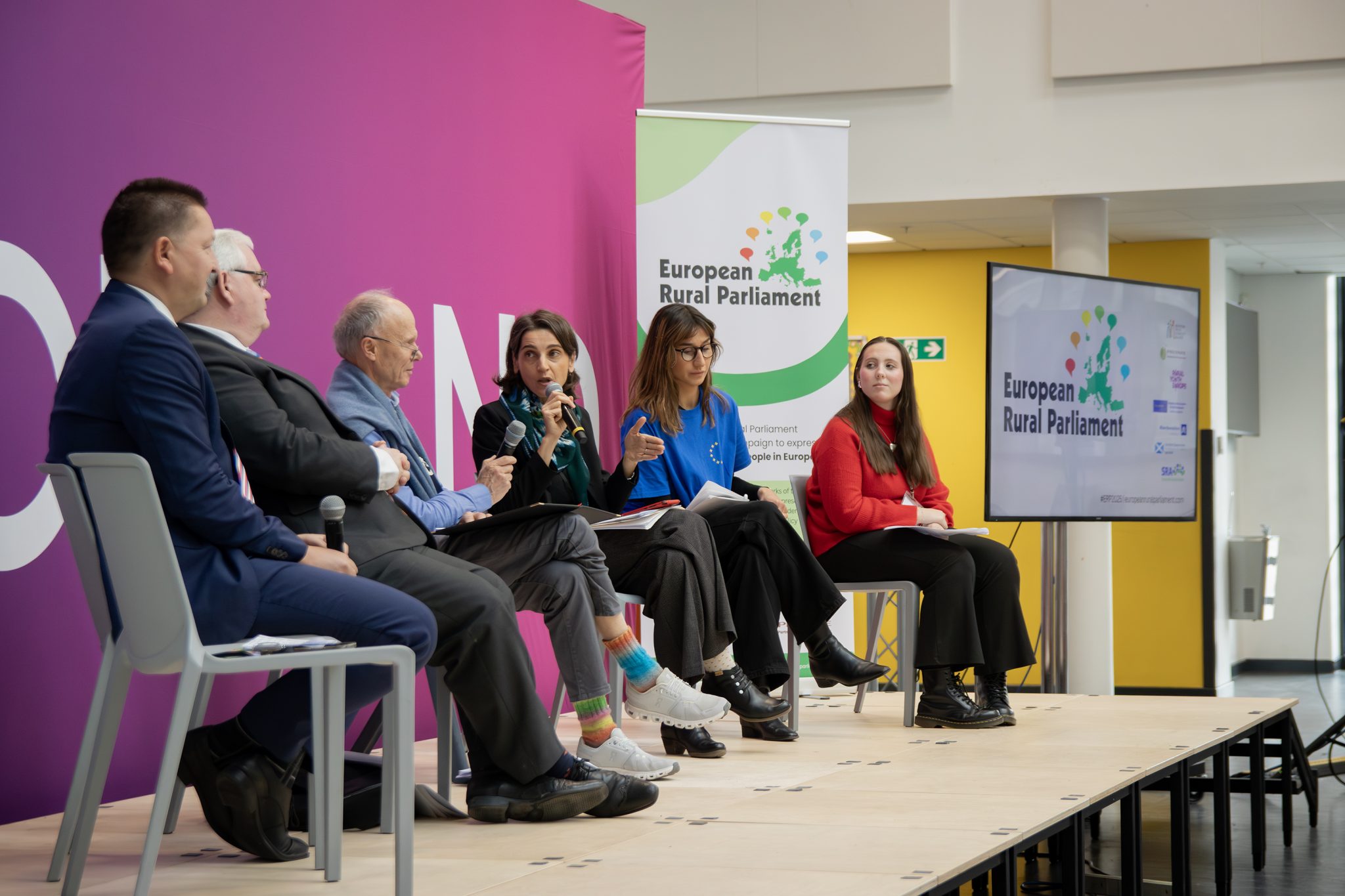Originally Published by ARC2020
ARC2020 (Agricultural and Rural Convention 2020) is a multi stakeholder platform that brings together civil society networks across Europe to advocate for more sustainable & equitable agricultural & rural policies.
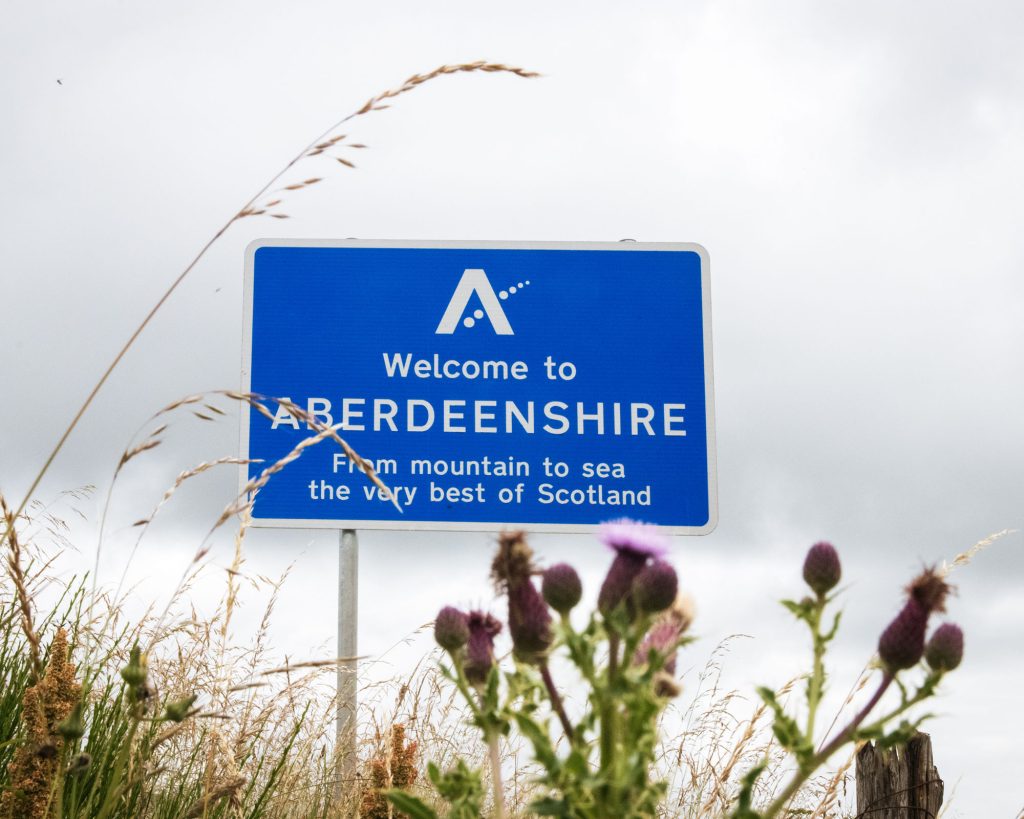
This October 20-23, over 400 rural delegates from across Europe will gather in the north-east of Scotland for the 6th European Rural Parliament (ERP), a participative democratic assembly that shines a spotlight on the power of rural communities to respond to global crises.
With the theme “Strength from Opportunity: Rural Community Solutions to Global Challenges”, this year’s ERP will highlight how rural and island people, places, and practices are not only bearing the brunt of climate, demographic, and political shifts but are also offering transformative responses rooted in solidarity, sustainability, and place-based knowledge.
Organised by a coalition of four European networks — ELARD, ERCA, PREPARE, and Rural Youth Europe — and hosted by Scottish Rural Action, Aberdeenshire Council and the Scottish Government, the 6th ERP is a unique forum where community leaders, policymakers, civil society actors, and young people come together to co-create policy recommendations and share lived experience. The result? A platform where those at the peripheries take up their place in the centre.
At ARC2020, we’ve long argued that Europe’s rural areas are where the most innovative solutions to climate change, biodiversity loss, food insecurity, and democratic erosion are taking root. The ERP gives visibility to these solutions and helps build the political momentum needed to mainstream them. This year and next, these actions are especially needed: the CAP as we know it and funding for rural areas are going to experience a huge shake up. In the face of these disruptions, remedies can be found in action on the ground. Read on for what to expect this year at the European Rural Parliament.
Strength from opportunity
Rural communities across Europe are grappling with the local manifestations of planetary crises: climate change, biodiversity loss, ageing populations, and the rise of extremist ideologies. These challenges are not theoretical; they are shaping daily life in rural places through land degradation, youth outmigration, food insecurity, and social fragmentation.
At the same time, war, economic precarity, and the weaponisation of trade and energy systems are diverting political attention and resources away from sustainable development. Rural and island communities often find themselves left behind in infrastructure investment and democratic participation. They are called on to mobilise solutions drawing on their own resources – their heritage, culture, entrepreneurship, natural capital and their social capital – that very sense of community – and to preserve these resources against takeover by large energy companies or land owners.
The ERP is grounded in the recognition that solutions to global challenges are abundant at the micro level. From energy cooperatives and community-supported agriculture to rural mobility networks and intergenerational housing models, rural communities are stepping up where top-down responses fall short.
This year’s ERP study trips will bring these solutions to life.
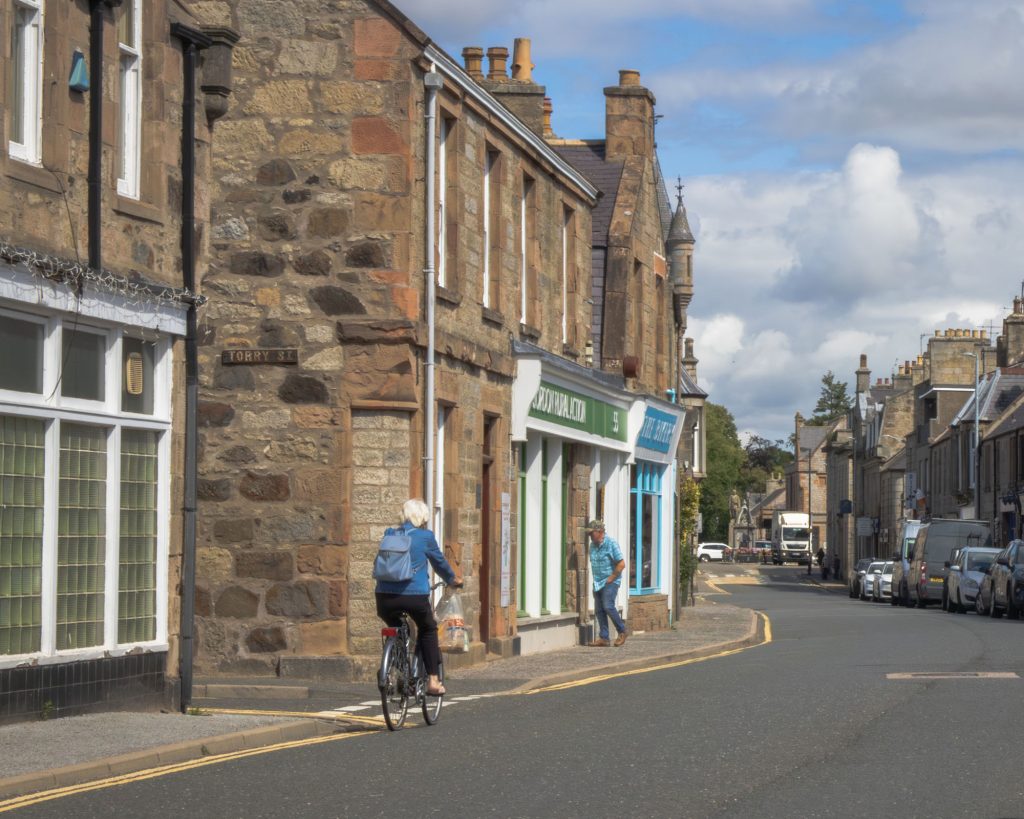
In Huntly, Aberdeenshire, participants will be hosted by the Deveron Project where they will learn about ecologies-based approaches to organisational and artistic practice within communities, and how these approaches shape successful local regeneration projects and responses to the climate emergency.
The Blue Economy study trip will provide opportunity for delegates to learn from Fraserburgh Harbour’s experience of working with the fishing industry, and with the wider community, to develop a shared vision that safeguards the industry’s future and explores new opportunities, including through offshore renewables and tourism.
The study trip to the hauntingly beautiful Cabrach in Moray will be hosted by the Cabrach Trust. Founded in 2013, to “switch the lights back on” in the community, and protect the area’s unique environmental and cultural legacy, the Cabrach Trust is implementing an ambitious masterplan including heritage trails, a community-owned whisky distillery and a rural skills programme.
On the northeast coast of Scotland, the communities of Portsoy and Cullen will demonstrate tourism as “a force for good, meeting the needs of visitors and locals” – shaped by local vision and heritage. For Portsoy Community Enterprise, traditional boatbuilding and the annual Boat Festival celebrate maritime history while fostering community pride and social cohesion. Nearby, Cullen draws visitors through its fishing heritage and iconic Cullen Skink, offering experiences that connect people with the town’s culture and stories of resilience. Both towns show how community-led tourism can retain wealth locally, preserve traditions, and provide inclusive, meaningful experiences – illustrating the power of local initiative in creating sustainable rural economies.
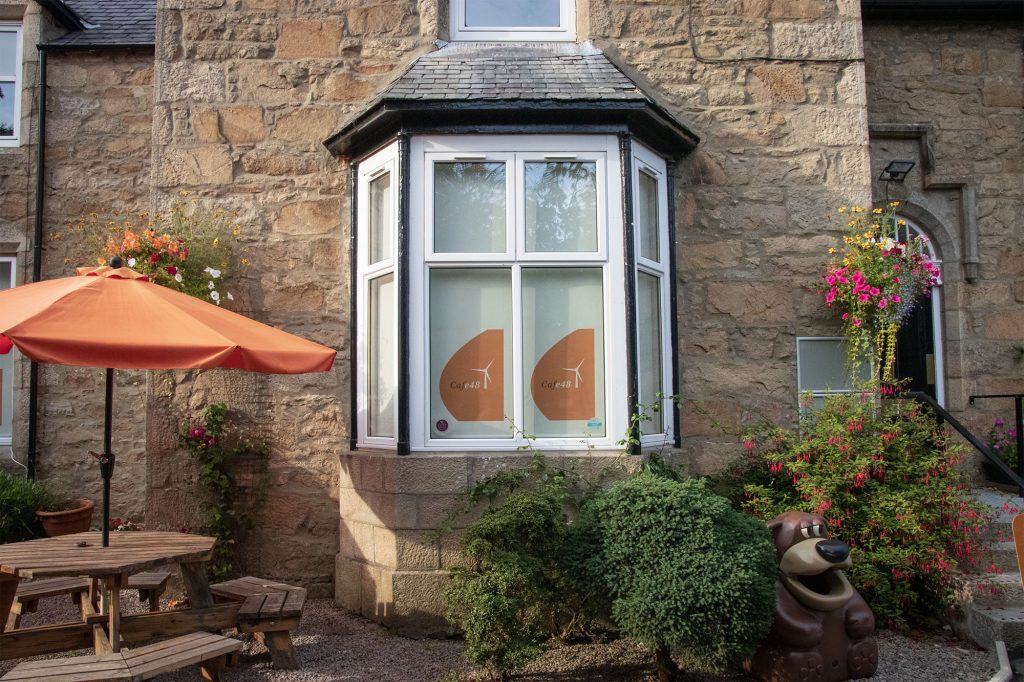
Udny is a rural community in Aberdeenshire which includes the villages of Pitmedden, Udny Green and Hattoncrook. Its story is remarkable – it developed the first wholly community-owned, built, financed and operated wind turbine on the Scottish mainland. Profits from the turbine, which are managed by Udny Community Trust have transformed the area, giving rise to new facilities, projects and services which meet the needs and wishes of Udny residents.
In Angus, supported by Angus Rural Partnership, a new generation of rural enterprises is demonstrating how wealth can be created and retained within local communities. The Rural Leadership Programme highlights entrepreneurial and sustainable leadership, showcasing graduates who are driving real change through successful rural businesses and community projects. Two such enterprises stand out in Angus: Arbikie Distillery – set to become the first distillery in the world powered by green hydrogen – is renowned for its commitment to innovation and sustainability, operating on a “field to bottle” philosophy that uses barley and potatoes grown on the estate to produce its spirits. Adjacent to the distillery, Lunan Bay Farm shares this dedication to sustainable agriculture. As Scotland’s only regenerative cashmere farm, it focuses on ethical farming practices while producing high-quality cashmere products, offering a unique example of how rural enterprise can combine innovation, stewardship, and community benefit.
These are not pilot projects; they are replicable systems rooted in the lived realities of rural people.
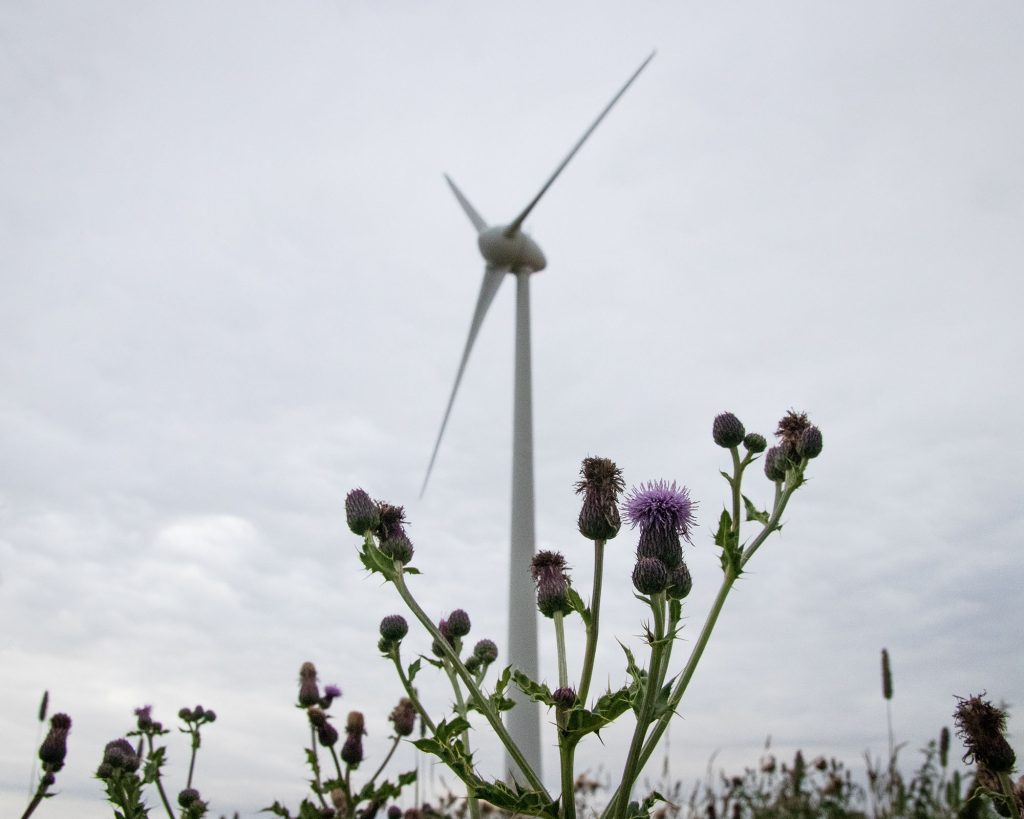
Youth in the spotlight: the European Rural Youth Parliament
Running alongside the main event is the European Rural Youth Parliament (ERYP), hosted on 21 October. Youth delegates from across Europe will explore topics ranging from rural housing and LGBTQ+ inclusion to local transport and generational renewal in agriculture.
In a time when democratic engagement is in decline and young people are disproportionately affected by economic and ecological instability, the ERYP provides a space for rural youth to articulate their visions for the future. With a new European Commissioner for Intergenerational Fairness in place, there’s an opening to rethink rural youth policy. These recommendations will feed directly into the ERP declaration process, ensuring that generational renewal is more than a slogan but that it’s actually embedded in the future policy.
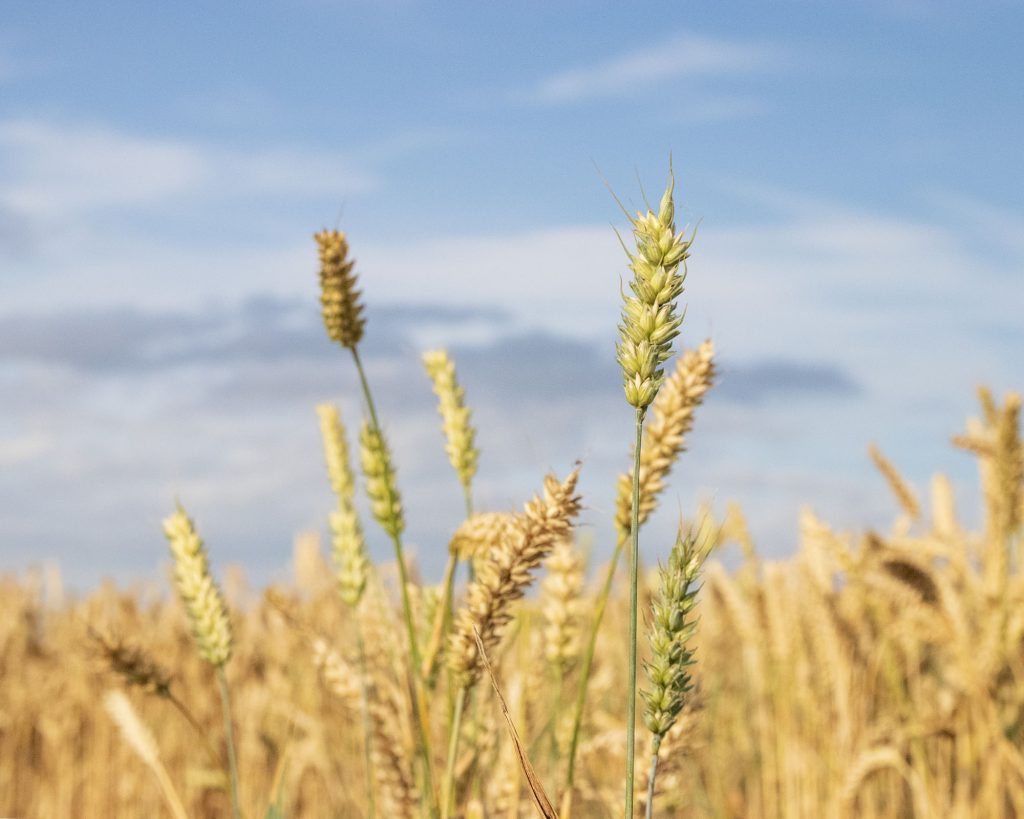
Honouring legacy: the Michael Dower Award
This year’s ERP will also honour the memory of Michael Dower, one of the original architects of the rural parliament movement, with an award that celebrates outstanding contributions to rural resilience and sustainability.
The award will recognise individuals or initiatives that embody the values Dower championed: participative democracy, community empowerment, and cross-border solidarity. In a time when democratic backsliding is affecting even the most established democracies, the Michael Dower Award is a timely reminder of what genuine bottom-up engagement can achieve.
This year, 11 exceptional projects are on the award shortlist: from agroecological farming collectives in Turkey to revitalised rural schools in Spain, from cooperative housing in Catalonia to biodiversity-led land regeneration in Germany, each one strengthening resilience and reimagining rural futures across Europe.
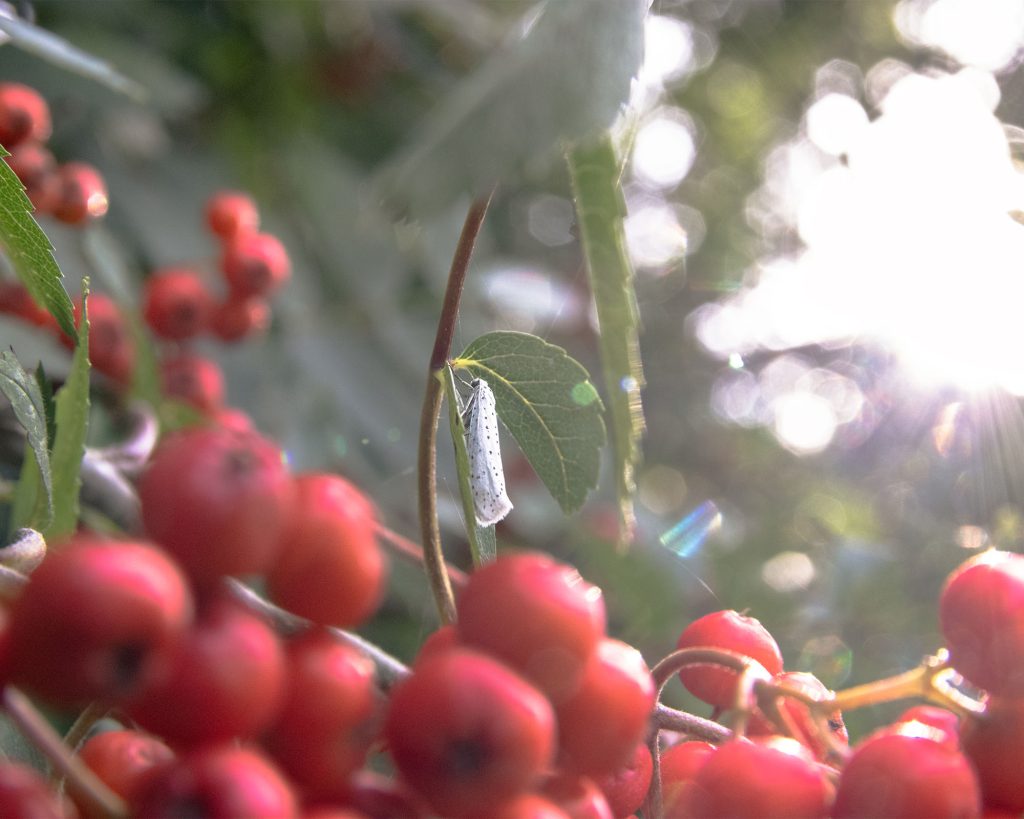
Building towards the Declaration of Inverurie
The culmination of the ERP will be the Declaration of Inverurie, a collectively shaped document that synthesises the voices and visions of the 400+ delegates. Far from being symbolic, this declaration will be channelled directly into key political processes, including the European Economic and Social Committee, the Committee of the Regions, and national-level rural policy platforms.
By naming what works and calling for structural and political support to scale it, the declaration aims to mobilise rural communities to take action as drivers of equitable, sustainable transformation.
If you can’t join the European Rural Parliament 2025 in person, keep an eye on the official event website and check out Scottish Rural Action on socials: LinkedIn, Facebook & Instagram.

